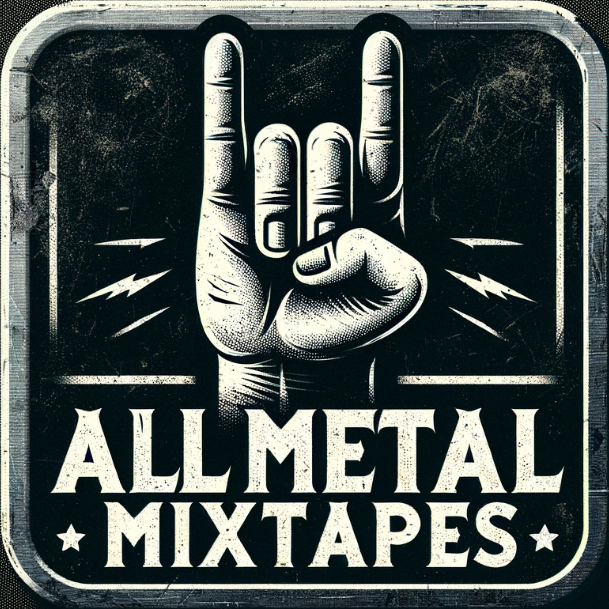Introduction
Metal festivals are more than just music events; they are cultural gatherings that celebrate the passion, diversity, and vibrancy of the metal community. From small beginnings to global phenomena, these festivals have played a crucial role in shaping the metal scene. This article explores the history and significance of metal festivals worldwide, highlighting their impact on the genre and profiling major events that have become landmarks in the metal calendar.
The Early Days: Birth of a Phenomenon
- 1970s-1980s: The origins of metal festivals can be traced back to the heavy rock festivals of the 1970s. However, it wasn’t until the 1980s that festivals specifically dedicated to metal began to emerge. These early events set the stage for what would become a global phenomenon.
The Growth of Metal Festivals
- 1990s: This decade saw a significant increase in the number and scale of metal festivals. Events like Dynamo Open Air in the Netherlands and Ozzfest in the United States catered to the growing demand for live metal music, featuring a mix of established acts and emerging bands.
Major Metal Festivals Around the World
- Wacken Open Air (Germany): Started in 1990, Wacken Open Air has grown into one of the largest and most revered metal festivals globally, attracting tens of thousands of fans annually.
- Hellfest (France): Known for its diverse lineups, Hellfest has become one of Europe’s premier metal festivals, showcasing everything from classic heavy metal to extreme subgenres.
- Download Festival (UK): Successor to the legendary Monsters of Rock festival, Download has been a staple of the UK metal scene since 2003, featuring top-tier metal and hard rock acts.
- Sweden Rock Festival: This festival has a reputation for being one of the most fan-friendly festivals, featuring a broad range of metal and rock genres.
Impact on the Metal Scene
- Promoting New Talent: Metal festivals have been instrumental in promoting new and emerging bands, giving them a platform to reach wider audiences.
- Community Building: These festivals are more than just music events; they are gatherings where fans from around the world connect, creating a sense of community and belonging.
- Cultural Significance: Metal festivals have also had a significant cultural impact, helping to legitimize metal as a genre and bringing it into the mainstream consciousness.
Challenges and the Future
- Environmental Concerns: As awareness about environmental impact grows, many festivals are adopting sustainable practices to reduce their footprint.
- The Digital Era: The rise of live streaming and virtual reality offers new ways for fans to experience festivals, potentially reshaping the future of these events.
Conclusion
Metal festivals are a testament to the enduring appeal and vitality of metal music. They are not just events where bands play to fans; they are celebrations of a genre that has thrived against the odds, creating a global community united by a love for heavy music. As they continue to evolve, these festivals will undoubtedly remain a cornerstone of the metal scene, bringing fans together to celebrate the music they love.


Leave a Reply